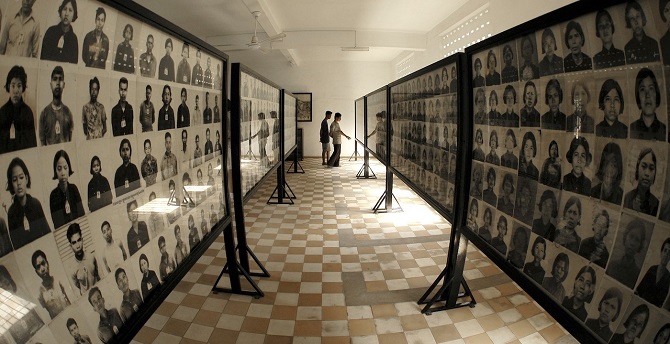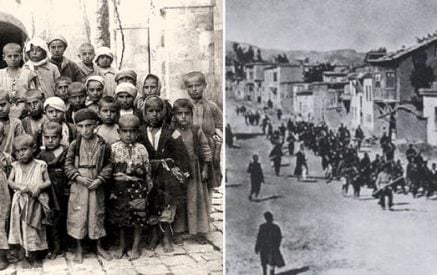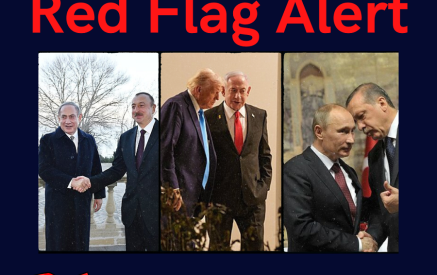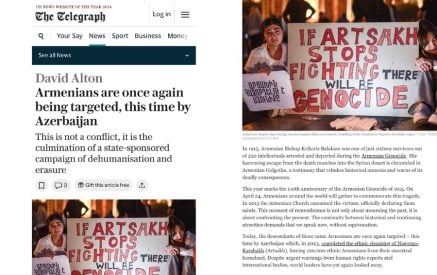This month the Global Centre for the Responsibility to Protect remembers the victims of past atrocities as we commemorate the 26th anniversary of the genocide in Rwanda, the 45th anniversary of the genocide in Cambodia, and the 105th anniversary of the Armenian genocide. Although there will be no public gatherings to commemorate these anniversaries due to the spread of the novel coronavirus, COVID-19, we should still pause to reflect on what it means to fight genocide and other atrocity crimes in the world today.
Last Tuesday, 7 April, the international community commemorated the start of the 1994 genocide against the Tutsi in Rwanda. Over the course of a 100-day period approximately one million Rwandans were murdered in the fastest genocide of the twentieth century. The United Nations and its member states failed to take timely and decisive action to prevent the impending genocide despite clear and credible warnings.
On 17 April 1975 the “Khmer Rouge” seized power in Cambodia, where they used state power to perpetrate atrocities. All Cambodians were deprived of their basic human rights and those deemed “enemies of the people” were murdered in the notorious “killing fields.” The Khmer Rouge also systematically targeted minority religious and ethnic communities for destruction. An estimated 1.7 million Cambodians lost their lives, but political divisions amongst the permanent members of the UN Security Council meant that the world largely ignored these crimes until after the Khmer Rouge were overthrown in January 1979.
Starting on 24 April 1915 over one million Armenians living under Ottoman Empire rule were killed during mass deportations. Armenian property and cultural institutions were pillaged, while thousands of women were abducted and forced into religious conversion. The systematic attempt to destroy the Armenian people was genocide and all UN member states should recognize the crime. This is not just because genocide denialism is an unconscionable affront to the victims, but because through recognition of the crime we can help prevent its recurrence.
Read also
All of these anniversaries serve as reminders from history that indifference and inaction should never be an acceptable response to genocide and other atrocity crimes. It remains essential to act on early warning, to overcome international diplomatic inertia, and to publicly reject genocide denial.
Fifteen years ago, all UN member states committed themselves at the World Summit to uphold their collective Responsibility to Protect populations from genocide, war crimes, ethnic cleansing and crimes against humanity. During Genocide Awareness and Prevention Month – and on the occasion of the 15th anniversary of the adoption of R2P – UN member states should embrace the following five policy actions:
- PREVENT: Build societies that promote and protect universal human rights
- PROTECT: Invest in peacekeeping and protect vulnerable populations
- RESIST: Oppose xenophobia, anti-semitism, racism and religious extremism
- END IMPUNITY: Uphold international law and promote justice and accountability
- EMPOWER: Support civil society, humanitarian workers and human rights defenders
Genocide always begins with the dehumanization and vilification of a group of people – not for anything that they have done, but for who they are. With COVID-19 enhancing fear and isolation, it is essential that the international community defend universal human rights and uphold international law. In these times of global crisis, preventing mass atrocity crimes remains every government’s solemn responsibility.
Global Centre for the Responsibility to Protect























































